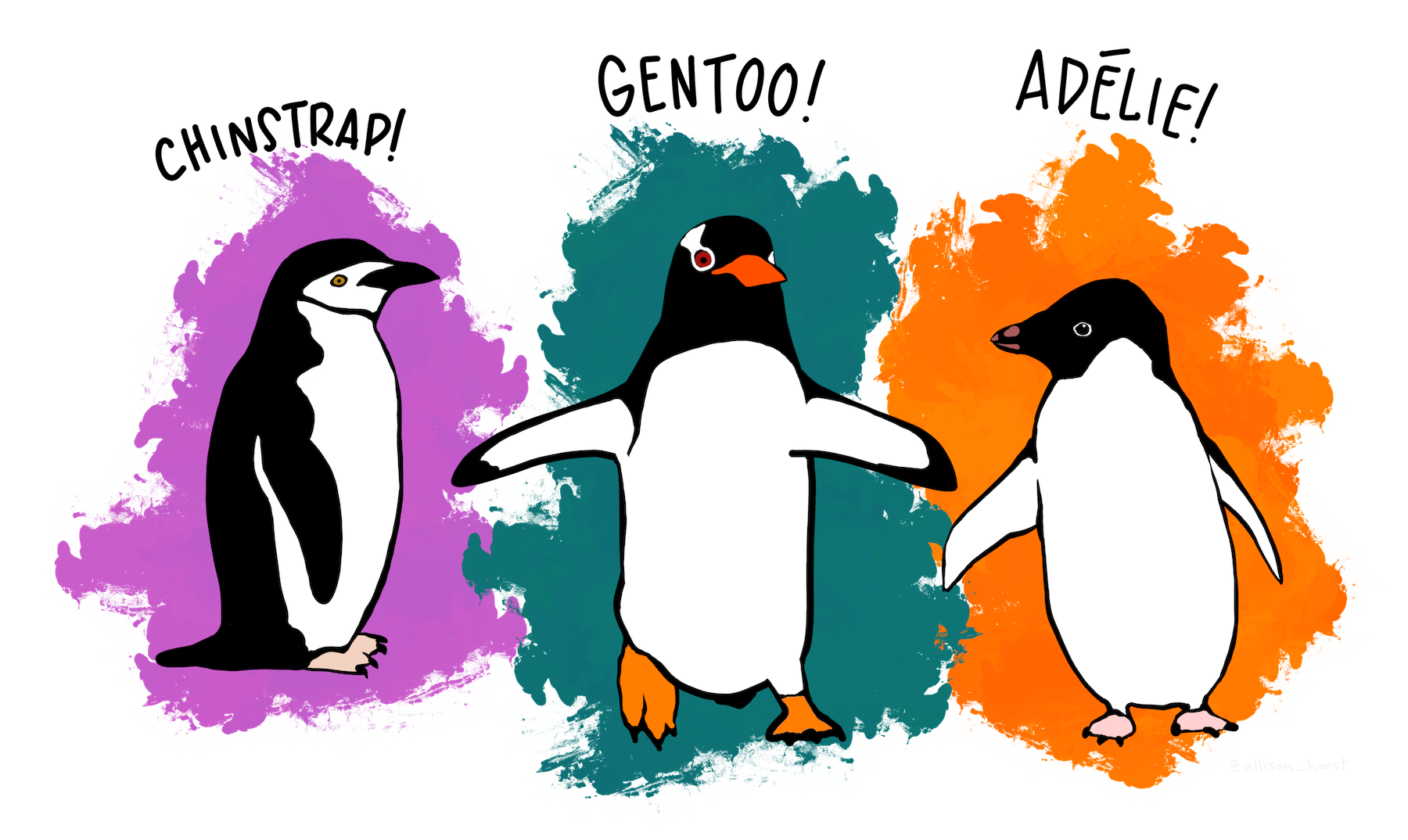Introduction
Last updated on 2025-11-11 | Edit this page
Overview
Questions
- Why should we care about reproducibility?
- How can
targetshelp us achieve reproducibility?
Objectives
- Explain why reproducibility is important for science
- Describe the features of
targetsthat enhance reproducibility
What is reproducibility?
Reproducibility is the ability for others (including your future self) to reproduce your analysis.
We can only have confidence in the results of scientific analyses if they can be reproduced.
However, reproducibility is not a binary concept (not reproducible vs. reproducible); rather, there is a scale from less reproducible to more reproducible.
targets goes a long ways towards making your analyses
more reproducible.
Other practices you can use to further enhance reproducibility include controlling your computing environment with tools like Docker, conda, or renv, but we don’t have time to cover those in this workshop.
What is targets?
targets is a workflow management package for the R
programming language developed and maintained by Will Landau.
The major features of targets include:
- Automation of workflow
- Caching of workflow steps
- Batch creation of workflow steps
- Parallelization at the level of the workflow
This allows you to do the following:
- return to a project after working on something else and immediately pick up where you left off without confusion or trying to remember what you were doing
- change the workflow, then only re-run the parts that that are affected by the change
- massively scale up the workflow without changing individual functions
… and of course, it will help others reproduce your analysis.
Who should use targets?
targets is by no means the only workflow management
software. There is a large number of similar tools, each with varying
features and use-cases. For example, snakemake is a
popular workflow tool for python, and make is a
tool that has been around for a very long time for automating bash
scripts. targets is designed to work specifically with R,
so it makes the most sense to use it if you primarily use R, or intend
to. If you mostly code with other tools, you may want to consider an
alternative.
The goal of this workshop is to learn how to
use targets to reproducible data analysis in
R.
Where to get more information
targets is a sophisticated package and there is a lot
more to learn that we can cover in this workshop.
Here are some recommended resources for continuing on your
targets journey:
-
The
targetsR package user manual by the author oftargets, Will Landau, should be considered required reading for anyone seriously interested intargets. -
The
targetsdiscussion board is a great place for asking questions and getting help. Before you ask a question though, be sure to read the policy on asking for help. -
The
targetspackage webpage includes documentation of alltargetsfunctions. -
The
tarchetypespackage webpage includes documentation of alltarchetypesfunctions. You will almost certainly usetarchetypesalong withtargets, so it’s good to consult both. -
Reproducible
computation at scale in R with
targetsis a tutorial by Will Landau analyzing customer churn with Keras. -
Recorded
talks and example
projects listed on the
targetsREADME.
About the example dataset
For this workshop, we will analyze an example dataset of measurements taken on adult foraging Adélie, Chinstrap, and Gentoo penguins observed on islands in the Palmer Archipelago, Antarctica.
The data are available from the palmerpenguins R
package. You can get more information about the data by running
?palmerpenguins.

palmerpenguins dataset. Artwork by @allison_horst.The goal of the analysis is to determine the relationship between bill length and depth by using linear models.
We will gradually build up the analysis through this lesson, but you can see the final version at https://github.com/joelnitta/penguins-targets.
- We can only have confidence in the results of scientific analyses if they can be reproduced by others (including your future self)
-
targetshelps achieve reproducibility by automating workflow -
targetsis designed for use with the R programming language - The example dataset for this workshop includes measurements taken on penguins in Antarctica
